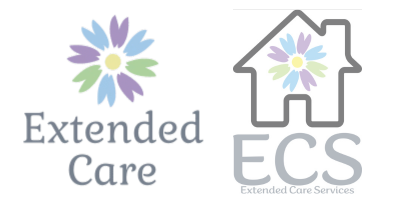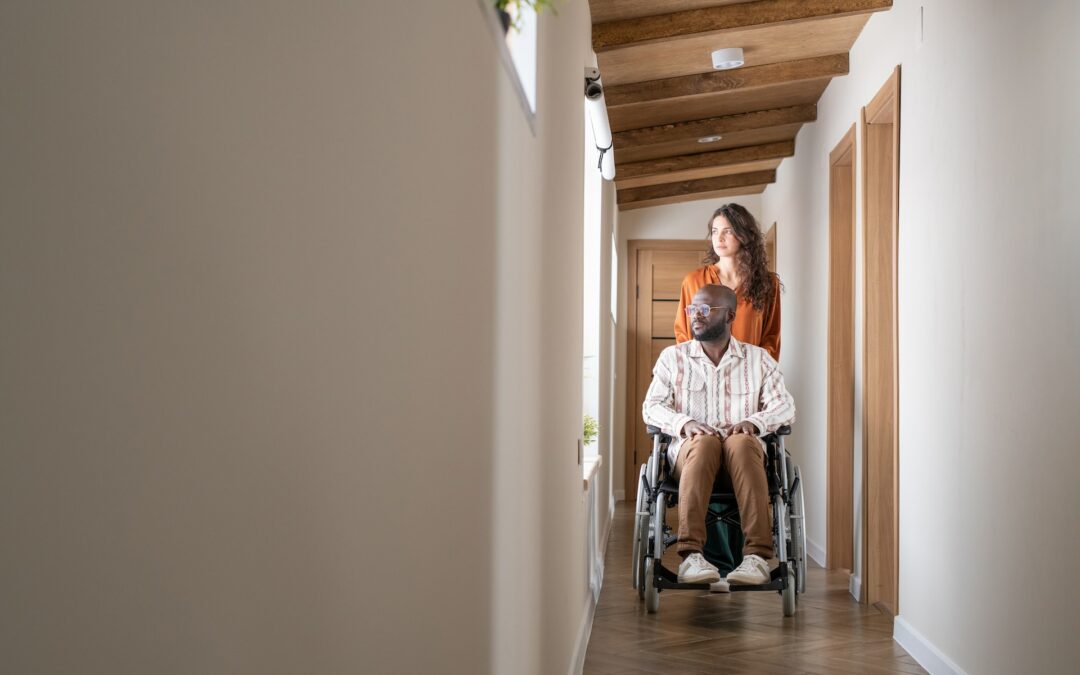Adults with disabilities often face numerous challenges in their daily lives, including navigating social situations and establishing connections within their communities. Supported community activities are an essential aspect of empowering these individuals to overcome these challenges, develop lasting friendships, and lead fulfilling lives. Program Approved Service Agencies (PASAs), like Extended Care Services, play a vital role in facilitating these opportunities, enabling clients to engage with their communities and enhance their social skills in safe, supportive environments.
Supported community activities cover a wide range of experiences that cater to the unique interests and preferences of adults with disabilities. From leisurely outings to local parks or zoos, to participating in recreational activities like swimming and pottery classes, clients can discover their passions and connect with others who share their interests. Additionally, PASAs encourage and enforce the use of public transportation, like buses and trains, to bolster clients’ sense of independence and familiarity with their community’s infrastructure.
In this blog post, we will explore the numerous benefits of supported community activities for adults with disabilities, delving into various types of available experiences, the role of PASA agencies in facilitating these connections, and how this involvement translates into personal growth, stronger social skills, and an enriched quality of life. By participating in supported community activities, adults with disabilities can tap into their potential, forge meaningful connections, and lead vibrant, independent lives in harmony with their communities.
Throughout this blog, we will discuss the following aspects of supported community activities for adults with disabilities:
- Diverse Opportunities for Engagement: An overview of the wide range of supported community activities available for adults with disabilities, catering to various interests, preferences, and skill levels.
- The Role of PASAs in Facilitating Supported Community Activities: A look at how agencies like Extended Care Services provide resources, guidance, and support for clients to engage in and benefit from community-based experiences.
- Enhancing Social Skills Through Participatory Experiences: An examination of how supported community activities contribute to the development of social skills, communication abilities, and confidence in adults with disabilities.
- Building Connections and Fostering a Sense of Belonging: A discussion on the importance of community involvement and lasting connections for adults with disabilities, promoting personal growth, a supportive network, and overall well-being.
Diverse Opportunities for Engagement: Catering to Various Interests and Skill Levels
Supported community activities offer a multitude of opportunities for adults with disabilities to engage with their community and pursue their passions. Some examples of these activities include:
- Leisurely outings: Visits to local parks, zoos, aquariums, or museums offer clients a chance to explore their community’s offerings while enjoying a stimulating and educational experience.
- Recreational activities: Participating in activities like swimming, bowling, dancing, or attending baseball games can be both enjoyable and therapeutic for adults with disabilities, allowing them to develop physical and cognitive abilities while having fun.
- Creative pursuits: Enrolling in classes tailored to individual interests, such as pottery or painting, promotes self-expression and encourages personal growth.
- Community events: Local festivals, fairs, or other special events provide clients an opportunity to interact with community members and experience the unique culture and traditions of their surroundings.
Each supported community activity is designed to cater to the unique interests and abilities of clients, ensuring a fulfilling and enjoyable experience for every participant.
The Role of PASAs in Facilitating Supported Community Activities: Resources, Guidance, and Support
PASA agencies like Extended Care Services play a pivotal role in facilitating supported community activities for adults with disabilities. They offer numerous resources and assistance to ensure clients can take full advantage of available opportunities. These include:
- Identifying appropriate activities: PASAs collaborate with clients to understand their interests and identify suitable supported community activities that cater to their preferences and abilities.
- Providing transportation support: PASA agencies emphasize the importance of using public transportation to cultivate a sense of independence among clients. They offer guidance and support on accessing and navigating buses and trains, ultimately empowering clients to confidently make their way around the community.
- Ensuring safety and supervision: The safety and well-being of clients are of utmost importance during any supported community activity. PASAs provide appropriate levels of supervision and assistance to create a safe environment for all participants.
- Offering ongoing support: As clients participate in supported community activities, PASAs remain available to provide guidance and encouragement, ensuring a positive, productive experience for every individual.
Enhancing Social Skills Through Participatory Experiences: Building Confidence and Effective Communication Abilities
Participation in supported community activities is an excellent strategy for adults with disabilities to enhance their social skills and communication abilities. The benefits of this involvement include:
- Improved communication: Engaging in various activities and interacting with others necessitates the development of effective verbal and non-verbal communication skills, encouraging clients to express themselves openly and assertively.
- Increased self-confidence: As clients learn new skills, discover their passions, and build connections, they will experience a boost in self-confidence, ultimately fostering independence and self-reliance.
- Enhanced problem-solving and decision-making abilities: Participatory experiences often require clients to navigate new situations and make decisions, promoting the development of critical thinking and problem-solving skills.
- Strengthened empathy and understanding: Supported community activities provide clients with opportunities to interact with a diverse range of individuals, enabling them to develop empathy and understanding towards the experiences and perspectives of others.
Building Connections and Fostering a Sense of Belonging: Encouraging Personal Growth and Enhanced Well-Being
Strong connections and a sense of belonging within one’s community are invaluable for personal growth and overall well-being, particularly for adults with disabilities. Supported community activities contribute to these connections and feelings of belonging by:
- Encouraging friendship and peer support: As clients engage in activities alongside others who share their interests and abilities, they can naturally form friendships and cultivate a network of supportive peers.
- Bridging the gap with community members: By participating in local events and activities, clients can interact with a diverse range of community members, helping to break down barriers and build understanding.
- Providing a platform for personal growth: Supported community activities foster personal growth by encouraging clients to explore new interests, develop essential life skills, and create lasting connections that contribute to their overall well-being.
Conclusion
Supported community activities are an essential aspect of empowering adults with disabilities to develop social skills, create lasting connections, and enjoy a fulfilling life. With the guidance and support of PASA agencies like Extended Care Services, clients can engage in a wide array of enriching experiences that cater to their unique interests and abilities. By embracing these opportunities, adults with disabilities can build a strong foundation for personal growth, foster a sense of belonging within their communities, and ultimately lead vibrant, independent lives.
If you or someone you know needs assistance finding a host home provider or supported community connections in Colorado, Extended Care is here to help. Our knowledgeable staff is committed to helping you locate the best resources for personalized care. Additionally, we provide supported community connections to people with disabilities, enabling them to get involved with activities in their communities and participate in social events. Contact us today to learn more.

